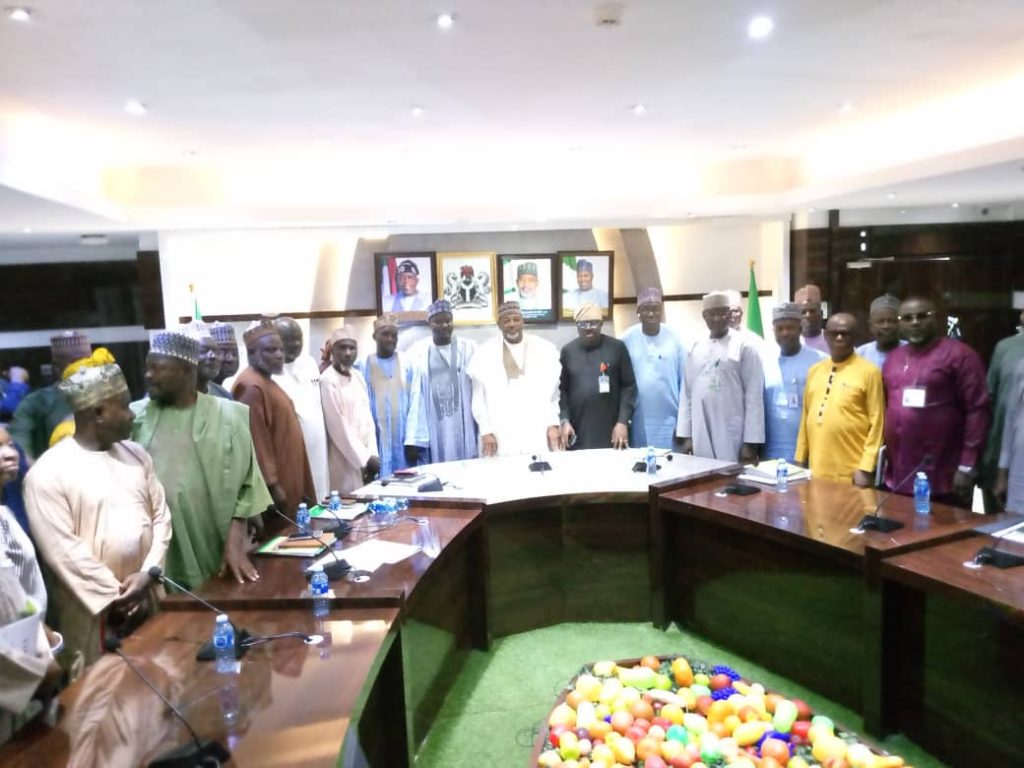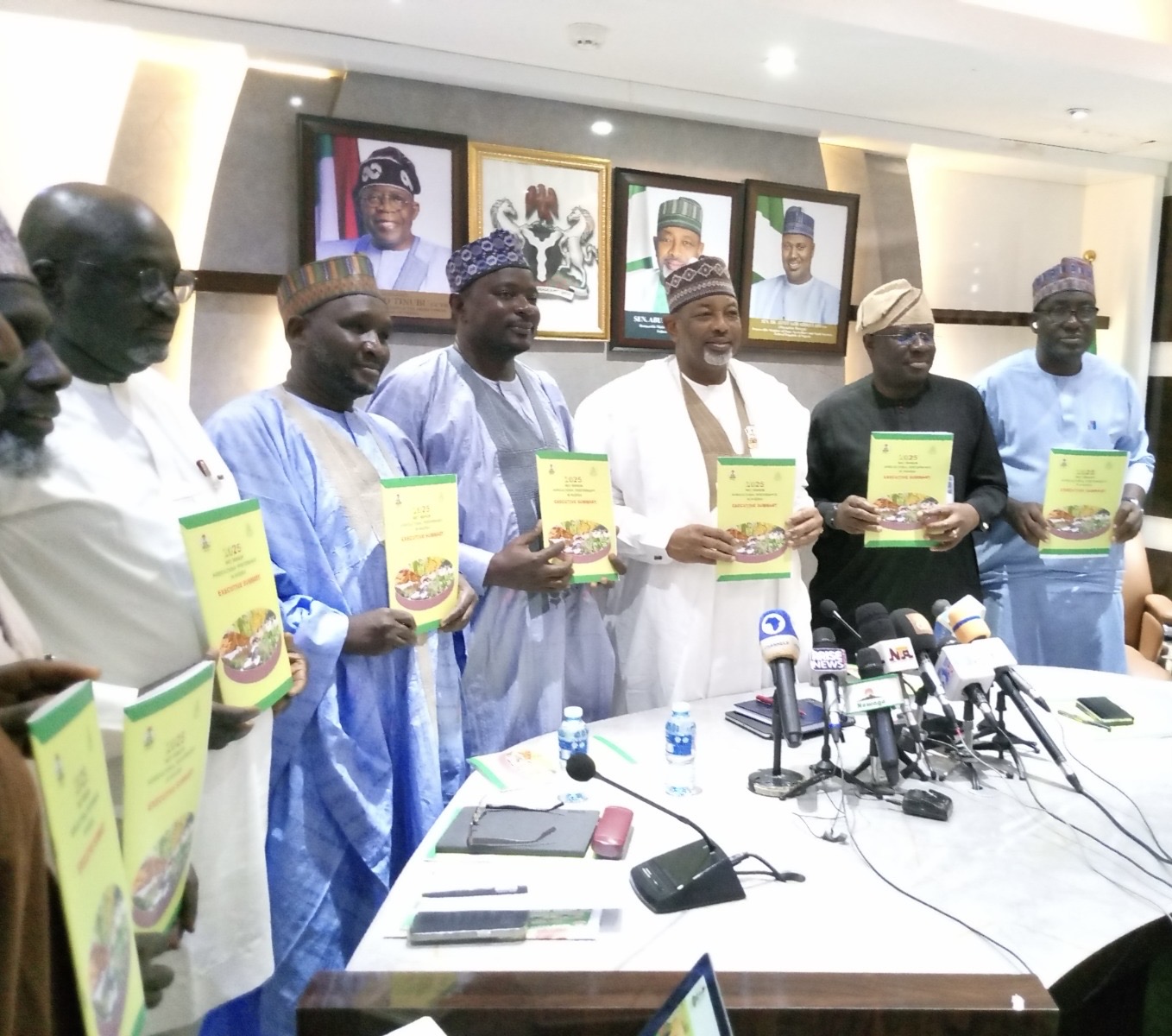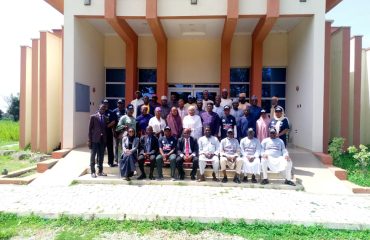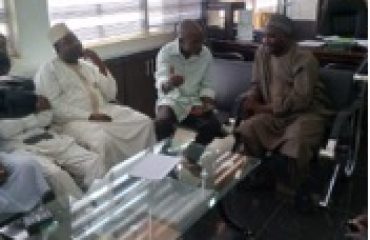The National Agricultural Extension and Research Liaison Services (NAERLS), Ahmadu Bello
University, Zaria, has released the 2025 Agricultural Performance Survey (APS) Report, providing
a comprehensive analysis of Nigeria’s agricultural landscape during the 2025 wet season. The
annual report, covering thirteen thematic domains, delivers data-driven insights to guide
agricultural policy formulation, strategic planning, and implementation across the country.
The official presentation of the report took place on Tuesday, October 7, 2025, at the Minister’s
Conference Room, Federal Ministry of Agriculture and Food Security, Abuja. The report was
formally submitted to the Honourable Minister of Agriculture and Food Security, Senator
Abubakar Kyari, by the Executive Director of NAERLS, Professor Yusuf A. Sani.
The 2025 APS fieldwork, conducted from
August 30 to September 7, 2025, in
collaboration with state ministries,
agencies, and development partners, was
anchored on four core objectives: assessing
the performance of the agricultural sector
during the wet season; identifying
constraints to productivity; examining
factors influencing technology
dissemination and advisory services; and
providing evidence-based feedback to
enhance research, extension, and policy
outcomes.
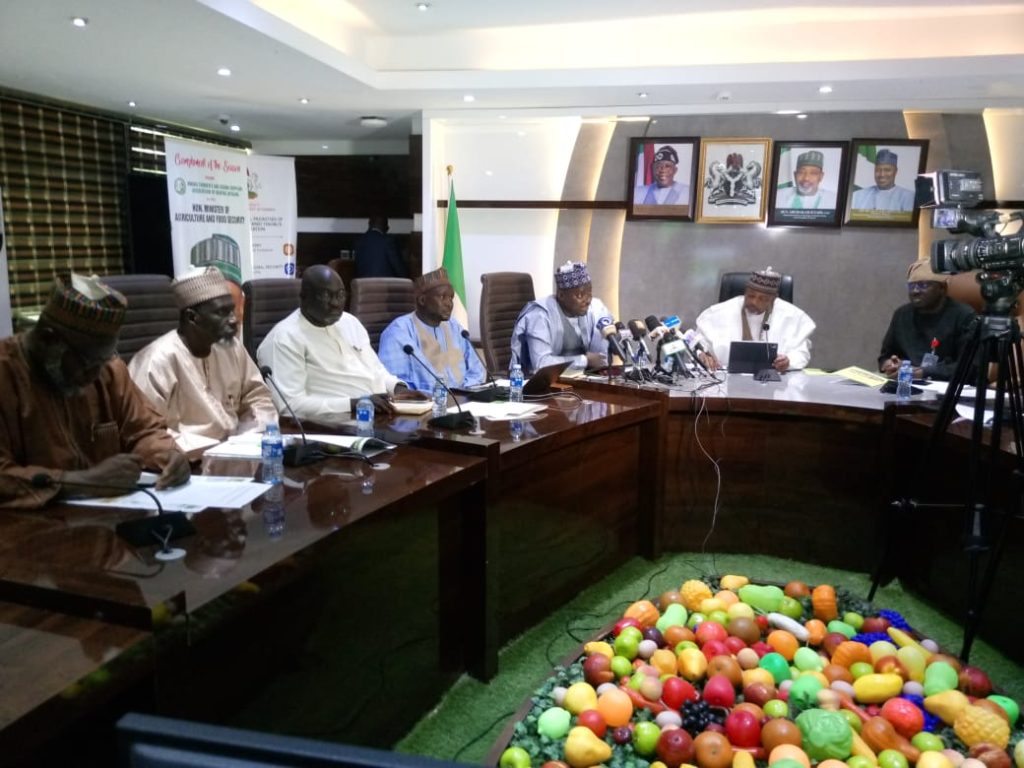
In his remarks, the Honourable Minister commended NAERLS, coordinating research institutes,
and the Ministry’s technical departments particularly the Federal Departments of Agricultural
Extension (FDAE), Planning and Policy Coordination (P&PCD), and Livestock and Fisheries for
their strong collaboration and professionalism. He noted that the 2025 edition reflects a new
benchmark in transparency and methodological rigor, with data collected from all 36 states and
the Federal Capital Territory (FCT), alongside new datasets such as the Farm Family Census and
Tractor Census, and complementary studies on commodity prices.“The 2025 APS findings present both encouraging progress and critical challenges,” Senator
Abubakar stated. “On a positive note, the report confirms steady growth in the production of major
staples rice, maize, sorghum, millet, cowpea, yam, and cassava all showing increases over 2024
levels. This progress, coupled with a significant drop in food prices across all zones, reflects
improved supply conditions and the cumulative impact of our ongoing interventions in input
support, extension delivery, and mechanization. It is particularly heartening to see that farmers
have shown remarkable resilience despite irregular rainfall, localized flooding, and pest
pressures.”
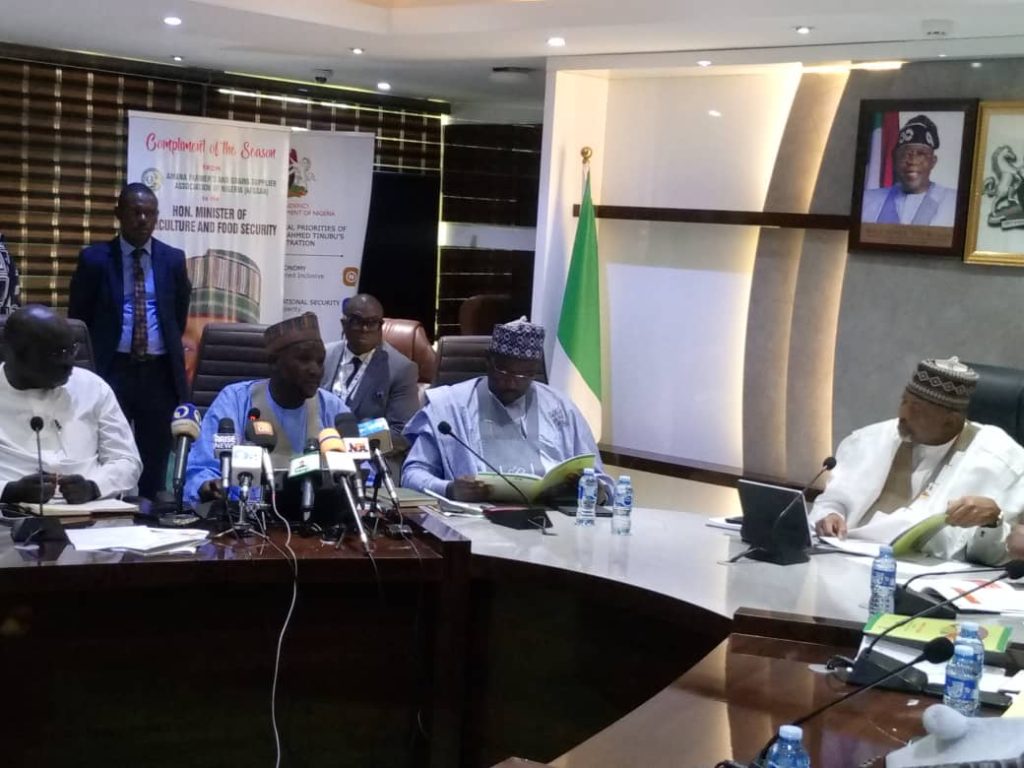
The Minister emphasized that the findings are more than statistics—they are “a compass for future
action.” He reaffirmed the Ministry’s commitment to implementing the survey’s key
recommendations, including institutionalizing a Dry Season Agricultural Performance Survey to
complement the wet season APS, thereby ensuring year-round, data-driven national agricultural
planning.
Further priorities outlined include boosting local fertilizer production, scaling up climate-smart
agriculture, strengthening the national extension system through recruitment and digital tools, and
enhancing youth and women participation via affordable mechanization technologies. The
Ministry also pledged greater investment in postharvest handling, storage, and processing
infrastructure to reduce losses and improve value addition.
Senator Abubakar underscored the importance of collaborative action, stressing that the APS
remains a national public good. “It’s continuity and integrity depend on the collective effort of all
stakeholders Federal and State governments, research institutions, farmers’ associations, and
development partners. Let us continue to strengthen this vital knowledge system that guides
Nigeria’s journey toward sustainable food and nutrition security,” he concluded.
The 2025 APS Report, according to NAERLS, will serve as a key reference for policymakers,
researchers, and development actors striving to build a resilient and competitive agricultural sector
in Nigeria.
The Vice-Chancellor of Ahmadu Bello University, Professor Adamu Ahmed, who was represented
by the Deputy Vice-Chancellor (Research and Innovations), Professor Sanusi Aliyu Rafindadi,
attended the presentation alongside the principal officers of NAERLS.
